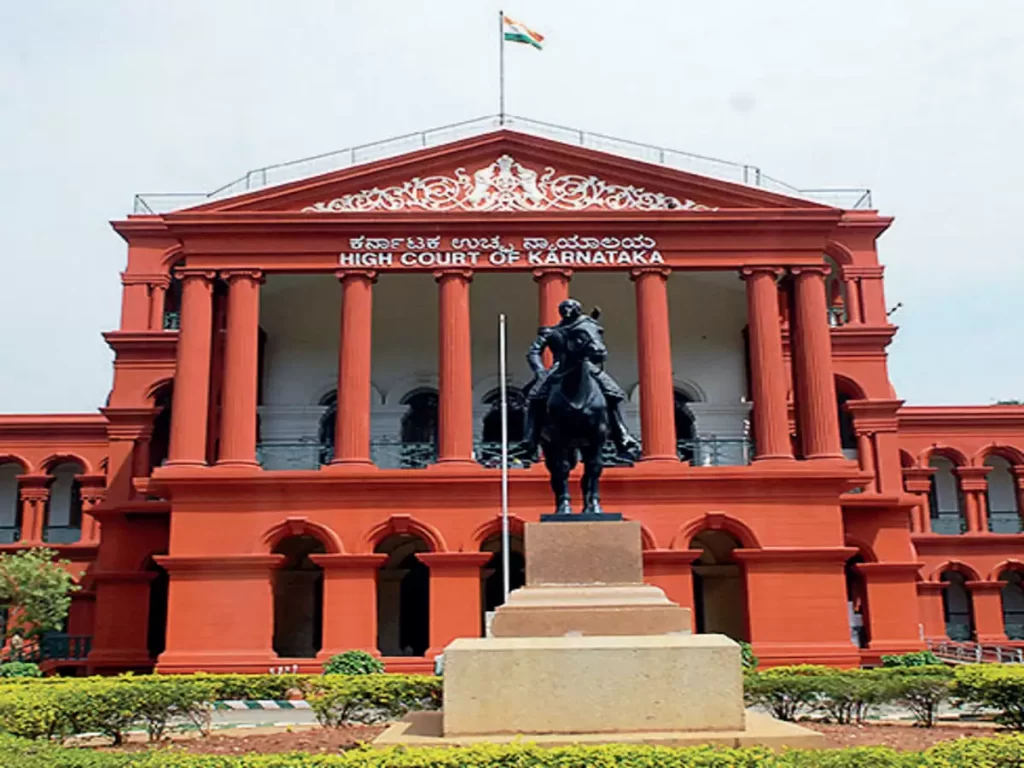Rakia Imran
Karnataka has taken a pioneering step in recognizing the right to die with dignity, following the Supreme Court’s 2023 ruling that affirmed this right as an intrinsic part of Article 21 of the Constitution.
The State Government has issued an order mandating the establishment of medical boards in hospitals to oversee and process requests for dignified deaths through the execution of living wills. Karnataka is now the second state, after Kerala, to act on this legal provision. State Health Minister Dinesh Gundu Rao, in his announcement on January 31, described the directive as a “historic order” that aligns with the Supreme Court’s vision for compassionate end-of-life care. He highlighted that this policy would significantly help terminally ill individuals with no hope of recovery, as well as those in a persistent vegetative state where medical treatment no longer provides meaningful benefits. A health department circular issued on January 30 lays out the framework for this policy, requiring hospitals to form primary and secondary medical boards to evaluate applications from a patient’s closest relatives for the Withdrawal of Life-Sustaining Therapy (WLST) based on valid living wills.
“We have also come out with an Advance Medical Directive (AMD), or a living will, in which a patient can record their wishes about their medical treatment in the future. This important step will bring great relief and a dignified sense of closure to many families and individuals,” the Report stated.
A living will, or advance directive, is a document that allows individuals suffering from severe health conditions or terminal illnesses to make an advance decision about their medical treatment. It provides them with the option to refuse prolonged life support in cases where they are unable to communicate their wishes due to a deteriorated state of health. If such a situation arises, the document can be presented to the hospital, which can then take appropriate medical steps in line with the individual’s prior instructions.
In a significant ruling in Common Cause v. Union of India, 2018, a Five-Judge Constitution Bench of the Supreme Court recognized the legal validity of passive euthanasia and the execution of living wills or advance directives. The Court declared that the right to life under Article 21 of the Indian Constitution also includes the right to live with dignity. By extension, the ruling asserted that individuals facing terminal illness or an irreversible vegetative state should have the right to a dignified and painless death.
The judgment also called for the establishment of medical boards in hospitals to assess and carry out living wills. However, in January 2023, the Supreme Court revised its ruling, removing the requirement for validation of living wills by a Judicial Magistrate First Class (JMFC). Instead, the Court held that a notary or a gazetted officer could verify the document, ensuring that it had been signed voluntarily. The Court also altered the structure of medical boards and provided detailed instructions on how they should function in reviewing and executing such directives.
In response to these judicial pronouncements, the Karnataka government has now made it compulsory for all government hospitals in the state to establish medical boards to process and implement living wills in accordance with the Supreme Court’s decisions.

